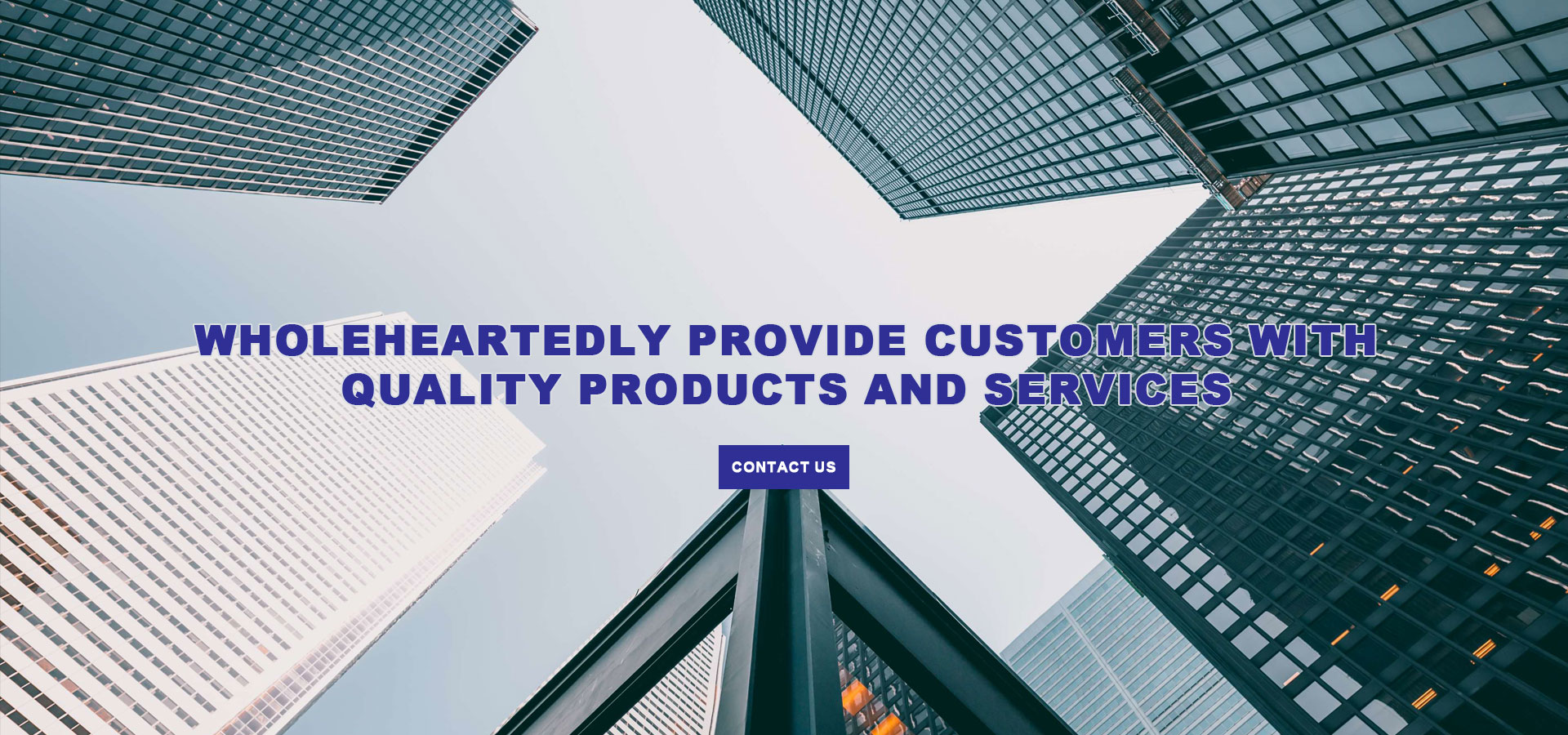

The Significance of Horticultural Float Glass in Modern Agriculture
Horticultural float glass has emerged as a crucial material in the agricultural sector, particularly in the cultivation of plants in controlled environments. Its unique properties, alongside technological advancements in greenhouse design, have made it an essential choice for horticulturists aiming to optimize plant growth and enhance productivity.
Understanding Horticultural Float Glass
Horticultural float glass is a type of clear glass produced through the float glass process, which involves floating molten glass on a bed of molten tin to ensure a perfectly flat surface. This method provides uniform thickness and high optical clarity, essential features for any greenhouse application. Unlike standard window glass, horticultural float glass is specifically designed to enhance light transmission and minimize distortion, making it highly suitable for plant growth environments.
The Benefits of Using Horticultural Float Glass
1. Optimal Light Transmission One of the most significant advantages of horticultural float glass is its ability to transmit a high percentage of sunlight. This is critical as plants rely on natural light for photosynthesis. The clear composition of float glass allows for maximum light penetration, enabling plants to receive the energy they require to thrive. Studies have demonstrated that greenhouses equipped with this glass can significantly increase light availability compared to structures with standard glass or plastic coverings.
2. Durability and Longevity Horticultural float glass is renowned for its durability. It is resistant to various weather elements, including wind, hail, and UV radiation. Over time, it does not degrade or yellow, unlike some plastic greenhouse coverings. This longevity translates to lower maintenance costs and longer service life, making it a cost-effective choice for growers.
3. Thermal Insulation While glass is often associated with heat loss, horticultural float glass provides decent insulation when used in multi-layered applications. By utilizing double or triple glazing techniques, horticulturalists can minimize heat loss during colder months while still benefitting from the light transmission properties of the material. This enhanced thermal control allows for extended growing seasons and reduced energy costs for heating.

4. Chemical Resistance Horticultural float glass is largely resistant to the chemicals typically employed in agricultural practices, including fertilizers and pesticides. This quality ensures that the structural integrity of greenhouses remains intact over time, further extending the lifespan of the facility.
5. Environmental Impact In a world increasingly conscious of environmental sustainability, the use of horticultural float glass offers a favorable ecological footprint. Its recyclability and longevity contribute to a decrease in the demand for new materials, aligning with eco-friendly practices in agriculture.
Applications in Horticulture
Horticultural float glass is utilized in various applications within the agricultural realm. Its primary use is in the construction of greenhouses, where excellent light transmission and durability ensure optimal growing conditions. Additionally, this type of glass is employed in specialized structures such as cold frames, cloches, and even vertical farming setups, where maximizing light while protecting crops from the elements is essential.
Moreover, horticultural float glass also finds application in the production of horticultural panels and propagators. These tools are essential for seed germination and starting young plants in controlled conditions. Their design takes full advantage of the properties of float glass, ensuring that optimal light and thermal conditions are maintained.
Conclusion
In conclusion, horticultural float glass plays an indispensable role in modern agriculture, particularly in the realm of horticulture. Its superior light transmission, durability, and thermal insulation properties make it a preferred choice among growers looking to enhance plant growth and achieve higher yields. As agricultural practices evolve and the demand for sustainable and efficient farming solutions increases, the significance of horticultural float glass is set to grow even more. By leveraging this material, horticulturists can cultivate healthier plants, maximize yields, and contribute to a responsible and sustainable agricultural future.